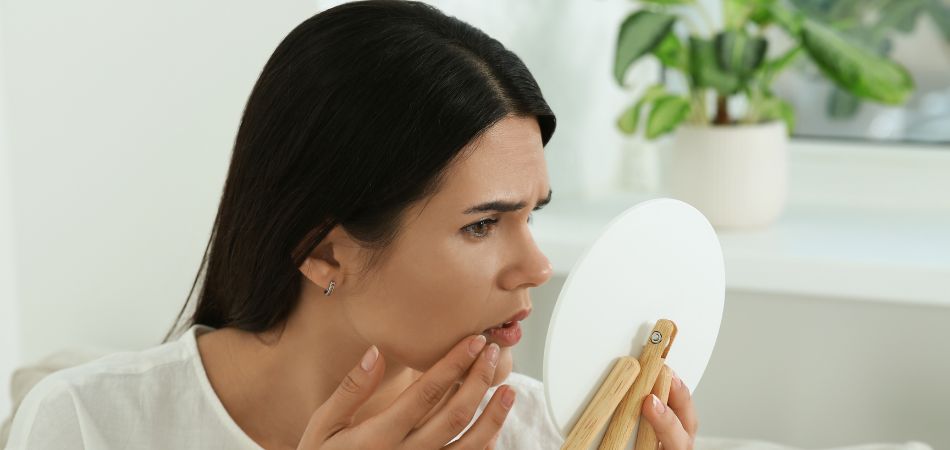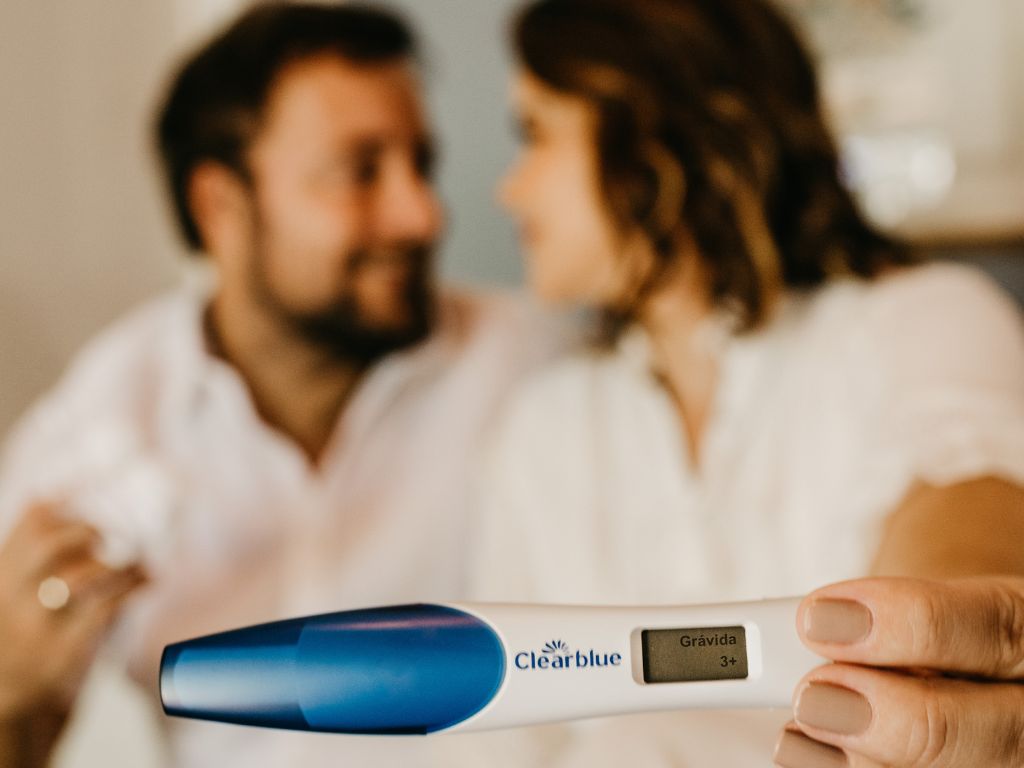Hormonal imbalance in females is a common yet often misunderstood health issue that can affect everything from mood and energy levels to weight and skin health. If you’ve been experiencing unexplained fatigue, mood swings, irregular periods, or stubborn weight gain, you might be dealing with a hormonal imbalance.
But don’t worry — there are natural and effective ways to cure hormonal imbalance and restore your body’s harmony. In this article, we’ll explore what hormonal imbalance is, why it happens, and practical, science-backed steps to rebalance your hormones for good.

What Is Hormonal Imbalance in Females?
Hormones are chemical messengers produced by glands in your endocrine system, including the ovaries, adrenal glands, thyroid, and pituitary gland. They regulate vital processes such as metabolism, reproduction, mood, and sleep.
A hormonal imbalance occurs when these hormones are too high or too low, disrupting normal bodily functions. For women, common hormones involved include:
- Estrogen
- Progesterone
- Testosterone
- Thyroid hormones
- Cortisol (stress hormone)
Common Symptoms of Hormonal Imbalance in Women
Recognizing hormonal imbalance early can help you take action before complications arise. Watch out for these signs:
- Irregular or missed periods
- Severe PMS or mood swings
- Unexplained weight gain or loss
- Fatigue and low energy
- Acne or dry skin
- Hair thinning or excessive hair growth
- Sleep disturbances
- Hot flashes or night sweats
If these symptoms sound familiar, you’re not alone. Many women experience hormonal shifts during different life stages such as puberty, pregnancy, postpartum, and menopause.

Causes of Hormonal Imbalance in Females
Understanding the root cause is crucial for effective treatment. Common triggers include:
- Stress: Chronic stress elevates cortisol, disrupting other hormones.
- Poor diet: Excess sugar and processed foods affect insulin and estrogen balance.
- Lack of sleep: Sleep deprivation throws off hormone production cycles.
- Medical conditions: PCOS (Polycystic Ovary Syndrome), thyroid disorders, and diabetes.
- Environmental toxins: Chemicals from plastics and personal care products can act as hormone disruptors.
- Age-related changes: Menopause naturally reduces estrogen and progesterone levels.

How to Cure Hormonal Imbalance Naturally: Step-by-Step
1. Eat a Hormone-Balancing Diet
Your diet plays a pivotal role in hormone regulation. Focus on:
- Whole foods: Vegetables, fruits, lean proteins, nuts, and seeds
- Healthy fats: Avocados, olive oil, and omega-3-rich fish like salmon
- Fiber: Helps remove excess estrogen
- Avoid sugar and refined carbs: These spike insulin, worsening imbalance
- Limit caffeine and alcohol: Excessive consumption can disrupt cortisol and estrogen levels
2. Manage Stress Effectively
Since stress is a major hormone disruptor, incorporate relaxation techniques:
- Mindfulness meditation
- Yoga and deep breathing exercises
- Regular physical activity
- Adequate social connection
3. Prioritize Quality Sleep
Hormone production peaks during deep sleep stages. Aim for:
- 7-9 hours of uninterrupted sleep
- A consistent bedtime routine
- A cool, dark bedroom environment
4. Exercise Regularly but Wisely
Moderate exercise helps balance insulin, cortisol, and sex hormones. Focus on:
- Cardiovascular activities like walking or swimming
- Strength training to build muscle and improve metabolism
- Avoid overtraining, which can raise cortisol and worsen imbalance
5. Detox Your Environment
Reduce exposure to endocrine disruptors by:
- Choosing natural or organic personal care products
- Avoiding plastics labeled with BPA
- Using air purifiers and filtering drinking water
6. Consider Natural Supplements
Certain herbs and vitamins can support hormone health, such as:
- Vitex (Chasteberry): May balance progesterone
- Maca root: Supports adrenal and thyroid function
- Magnesium: Helps regulate cortisol and insulin
- Vitamin D: Essential for overall hormone balance
Always consult a healthcare provider before starting supplements.
When to See a Doctor?
If lifestyle changes don’t improve your symptoms or if you have severe signs such as heavy bleeding, unexplained weight changes, or thyroid dysfunction, consult a healthcare professional. Blood tests and hormone panels can pinpoint specific imbalances and guide targeted treatment.
Final Thoughts: Your Journey to Hormonal Harmony
Curing hormonal imbalance in females is not a one-size-fits-all solution — it requires a holistic approach that addresses diet, lifestyle, stress, and environment. By tuning into your body’s signals and making mindful changes, you can restore your hormonal health naturally and feel vibrant again.
Remember, small steps every day lead to big transformations. Start today, and reclaim your balance!
